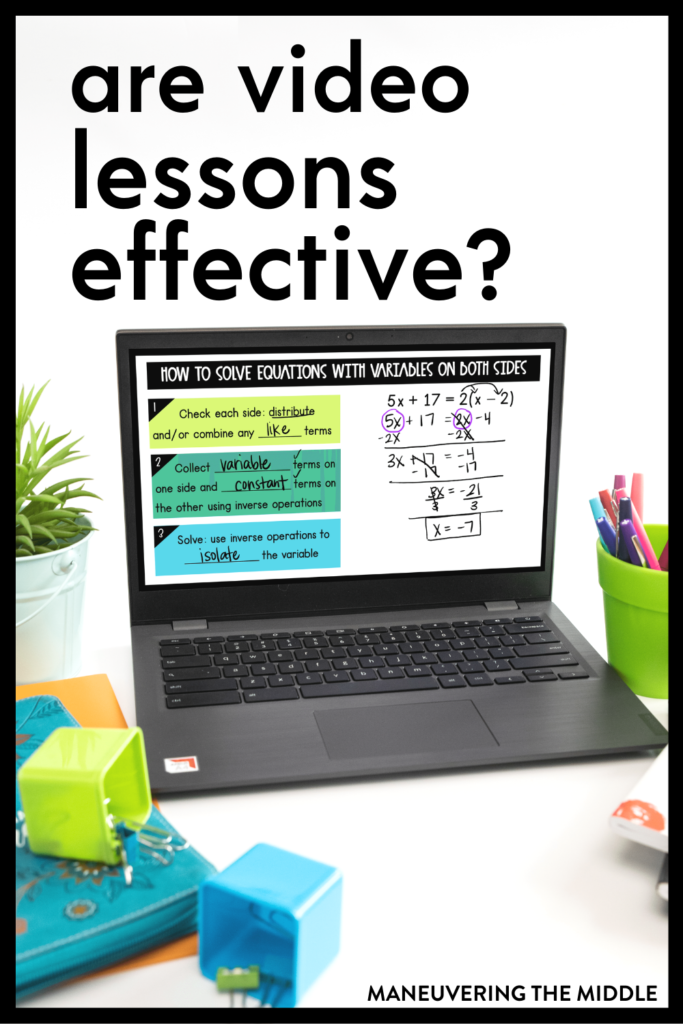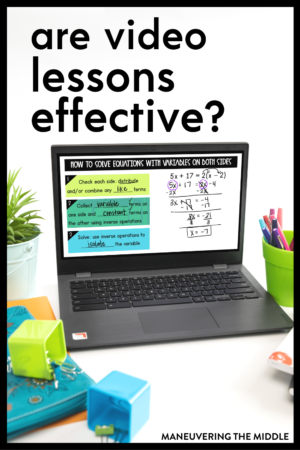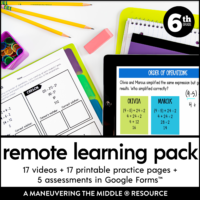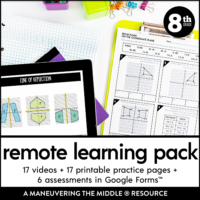Teaching has changed so much in a year and a half. With many schools going back to face to face next year, it begs the question – are video lessons here to stay? Will the use of this technology continue and if so, what will it look like?
LISTEN ON: APPLE PODCAST | SPOTIFY
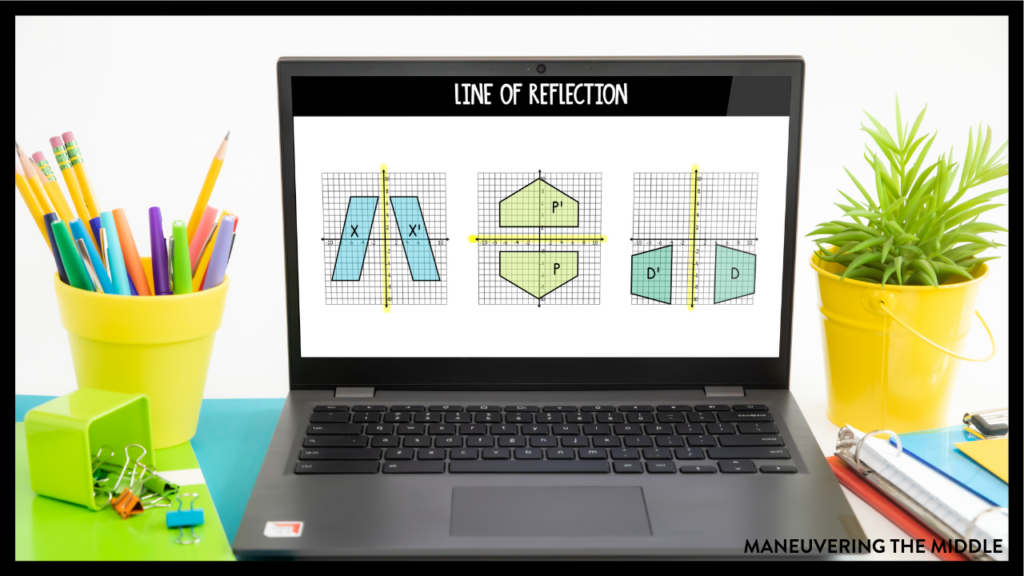
Maybe a way to phrase the question is – are video lessons effective? Effective teaching practices stick around and stand the test of time.
Pro #1 Video Lessons solve many classroom challenges
Video lessons allow you to meet the needs of your students in so many ways!
A library of video mini-lessons can increase the number of teachers in the room. Imagine this: you are pulling a small group while your other students are working on an activity or independently. A student gets stuck on their work, and instead of interrupting your small group, they are able to access a video library that will help them get “unstuck.”
They didn’t have to wait for you to finish working with the small group, they were able to solve their problem, and your small group wasn’t interrupted. That is a win-win!
If you need something to help you help your students when they get stuck, grab our How to Get Help Flowchart Freebie here.
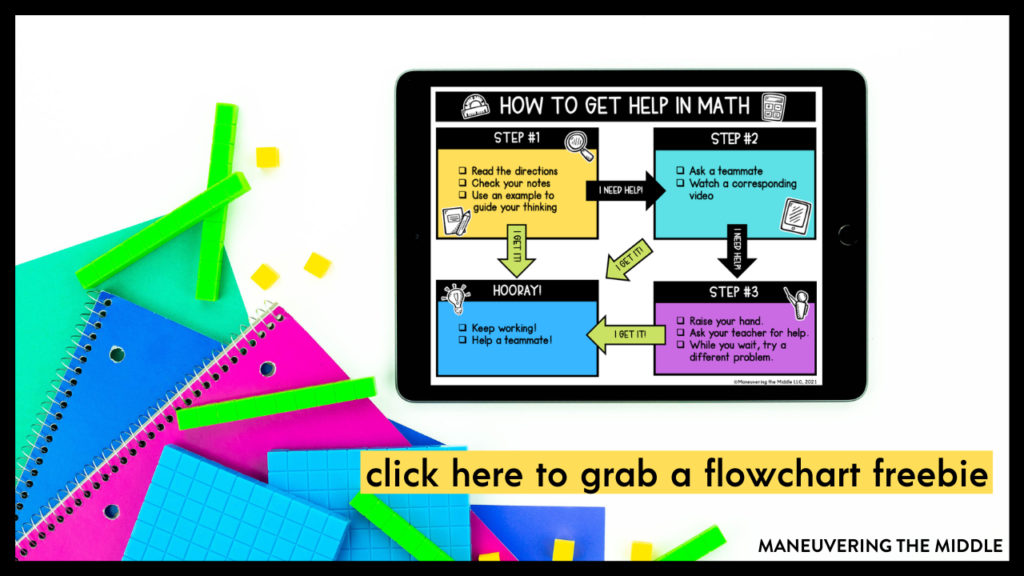
I can think of many other ways a video library can solve other classroom problems:
- Absent students – you no longer will be scrambling to catch a student back up. Send them the lesson they missed. They are responsible for catching up.
- Students who need a reteach – no problem. Most students need to see things more than one time to internalize the content.
- Video previewing – many students have suggested accommodations of previewing the material before the actual lesson. I would do my best during the warm up to make this happen, but if I could have shown them a 2-3 minute video to prepare them, that would have been perfect.
- To prepare for an assessment – I see video lessons really helping before tests. Students look through the study guide, each topic covered has the corresponding video lesson linked – if they don’t know how to start the problem or miss the problem, they now have access to something that will reteach them the content. This could be done before a unit test or an end-of-year
- state test.
- Flipped classroom – check out this blog post to learn more.
- Students can watch you teach in class and then use a video to refresh/internalize the content when they are at home. I also think this can help parents who want to help their kiddos!
I really see that there is a future with video lessons and that they can be powerful tools for both students and teachers!
We have a free math video lesson library!
Con #1 Students Losing Interest
Video lessons aren’t going to solve every classroom challenge. Just because a video lesson was played and the student watched it, does not mean that student actually learned from it.
Students can also lose interest in a typical lesson, but as the teacher, here are just a handful of the things you are doing to keep students’ interest:
- Asking questions
- Facilitating discussion
- Gauging engagement
- Using proximity
- Saying students’ names
- Making jokes
- Making eye contact or nonverbal redirecting
- Changing up the lesson midway when something isn’t working
That personal component is vital to student learning and can’t be replicated in a video.
Also, I know that many teachers are ready to bring back the collaboration that was restricted last year. Engaging activities, like a scavenger hunt or stations, allow students to make connections and work together to process the content.
Con #2 Making Videos is Time Intensive
Video lessons are time intensive. You can source one on YouTube, but that also takes time. How many videos do you preview in attempts to find the right one?
You can make them yourself, and I think most teachers are equipped to do this! Most likely, that will take even more time.
While we are talking about time, the length of a video lesson can be a challenge. Too long – students lose interest. I think the shorter, the better.
Big news! I am going to discuss what we are doing to break down our curriculum into video mini-lessons!
Do you think video lessons are here to stay?
